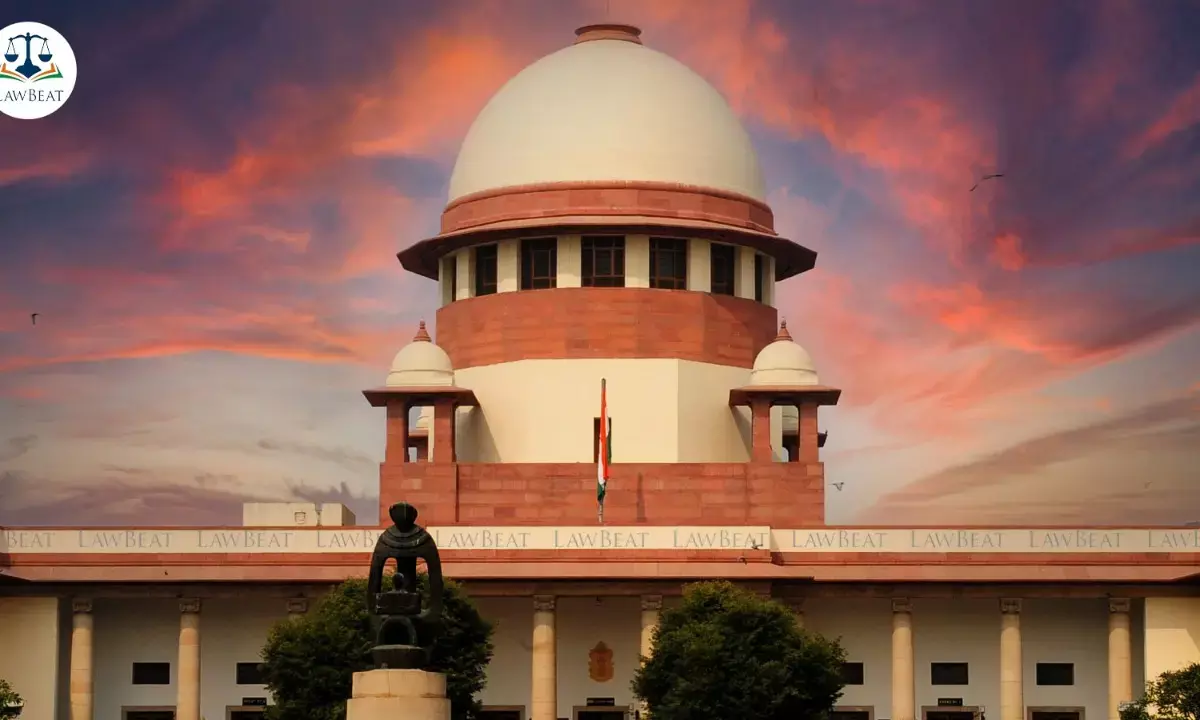Hyatt’s Operational Control Over Indian Hotels Attracts Tax Liability, Rules SC

The Supreme Court on July 24, 2025, held that Hyatt International Southwest Asia Ltd., a UAE-based company, has a “fixed place” permanent establishment (PE) in India under Article 5(1) of the India, UAE Double Taxation Avoidance Agreement (DTAA), owing to its substantial and continuous operational control over hotel activities in the country.
Consequently, the income it received under the Strategic Oversight Services Agreement (SOSA) is taxable in India.
A bench of Justices J.B. Pardiwala and R. Mahadevan upheld a Delhi High Court order and dismissed Hyatt’s plea. The company, as part of its business operations, provided hotel consultancy and advisory services in India.
The Court examined what constitutes a “place of business” under Article 5(1) of the DTAA.
It noted that Hyatt’s executives and employees paid frequent and regular visits to India to oversee operations and implement the SOSA.
“The findings of the assessing officer, based on travel logs and job functions, establish continuous and coordinated engagement, even though no single individual exceeded the 9 month stay threshold,” the bench observed.
The Court emphasized that for a permanent establishment to exist, two essential conditions must be satisfied: (i) the place must be “at the disposal” of the enterprise, and (ii) the business of the enterprise must be carried on through that place.
It added that a PE must demonstrate the three core attributes of stability, productivity, and a degree of independence. Among these, the “disposal test” is pivotal, meaning the enterprise must have the right to use the premises in a way that enables it to carry out its business activities.
This test must be applied contextually, taking into account the commercial and operational realities of the arrangement.
“Under DTAAs, the taxing rights of the source State over the business profits of a foreign enterprise are contingent upon the existence of a Permanent Establishment in the source country. One of the sine qua non for a fixed place PE is that the place through which the business is carried on must be ‘at the disposal’ of the enterprise, a principle commonly referred to as the disposal test," the bench noted.
The Court clarified that there is no straitjacket formula applicable to all cases.
“Determining whether a fixed place PE exists must involve a fact-specific inquiry, including the enterprise’s right of disposal over the premises, the degree of control and supervision exercised, and the presence of ownership, management, or operational authority,” it said.
The Court further held that once continuity in business operations is established, the intermittent presence or return of particular employees becomes immaterial in determining the existence of a PE.
It agreed with the High Court's conclusion that Hyatt’s role was not limited to high level decision making but extended to substantial operational control and implementation.
The company’s ability to enforce compliance, oversee operations, and derive profit linked fees from the hotel's earnings demonstrated a clear and continuous commercial nexus with, and control over, the hotel’s core functions, the bench said.
The Court concluded that this nexus satisfied the conditions necessary for the constitution of a fixed place PE under Article 5(1) of the India–UAE DTAA.
“The extent of control, strategic decision-making, and influence exercised by the appellant clearly establish that business was carried on through the hotel premises, satisfying the conditions under Article 5(1),” it held.
It added that the hotel itself was the situs of the appellant’s primary business operations, carried out under its direct supervision and aligned with its commercial interests.
Case Title: Hyatt International Southwest Asia Ltd Vs Additional Director of Income Tax
Judgment Date: July 24, 2025
Bench: Justices J.B. Pardiwala and R. Mahadevan
